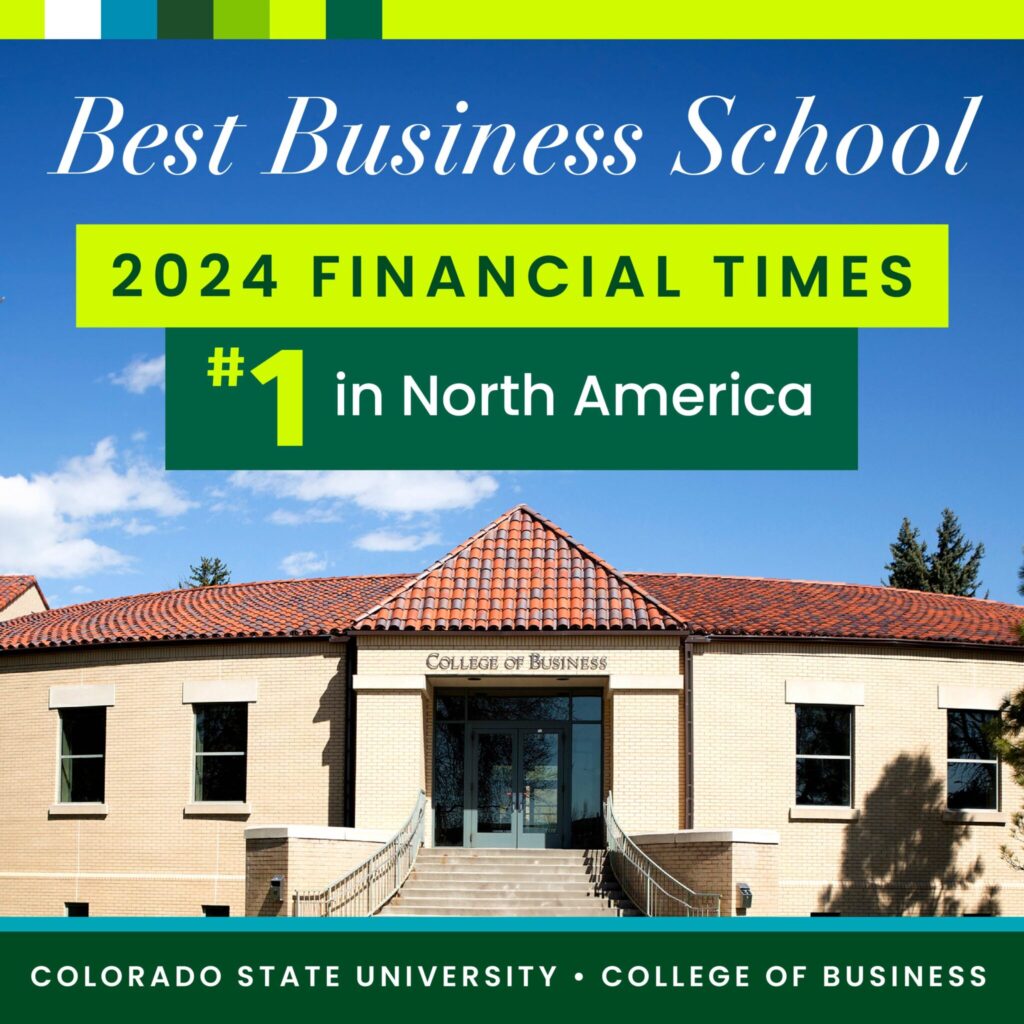
On its first day of trading on the Nasdaq stock exchange, the stock price for former President Donald Trump’s social media company, Trump Media & Technology Group, surged adding more than $1 billion to the company’s value, and dubbing it the latest example of a “meme stock.”
Colorado State University Associate Professor Hilla Skiba researches investments, including cultural influences on financial decision-making. SOURCE recently spoke with Skiba to find out more about what makes a meme stock and the impact these types of investments could have on the market and the economy in general.
SOURCE: Amid a lot of buzz since it went public, former President Donald Trump’s social media company, Trump Media & Technology Group’s current valuation of approximately $6.6 billion is equivalent to 1,600 times the company’s 2023 revenue of $4.1 million. Is this the latest example of the so-called “meme stock” craze we saw in 2021?

Hilla Skiba: It has similar characteristics to a lot of the meme stocks, such as GameStop. As in 2021, it seems like the small investors, who tend to be the traders in these meme stocks, also target that company as a purely speculative holding.
I won’t call it an investment because investing is not what traders are doing in that stock. Investment is something that is based on the fundamental value of the firm that has to do with the cash flows and their value today. People buying this stock are not focused on the fundamental value of the company.
Let’s back up and explain what a meme stock is for folks who might not be familiar with the term.
Meme stock investors are buying based on emotions, momentum and the hope that something will drive the value of the stock higher. The herd mentality influences the price of the company. So, it’s momentum-based speculation rather than basing decisions on fundamental value.
That’s very different from traditional valuations.
Yes. When we think about traditional valuation of a firm, it deals with how much the firm earns today and how much we expect them to earn tomorrow. Because of expectation of future cash flows, we’re willing to pay a premium on today’s value. This price-to-earnings ratio, on average, is about 20. So, we’re willing to pay 20 times today’s earnings because we are also putting value on those future cash flows.
With meme stocks, the investors don’t consider the size of the premium they’re willing to pay. The price of a stock can really be divorced from those fundamental valuations: earnings and what the future might bring. So, the price-to-earnings ratio in meme stocks tends to be very high — oftentimes in the hundreds. Sometimes, the firm doesn’t have a price-to-earnings ratio because the company doesn’t have any earnings, or their earnings are negative and future hopes of the firm eventually making money are also highly unlikely. Yet the investors are willing to pay these massive premiums, which doesn’t make a whole lot of sense.
The idea of “big risk, big reward” isn’t a new concept in the stock market, but what makes this different?
When I think back, the tech bubble of the late 1990s and early 2000s shares some similarities with meme stocks. But even then, the price wasn’t completely divorced from investment fundamentals. There was still the expectation that the earnings for these dot.com stocks would skyrocket.
Now, it seems like meme stock investors understand that stock price and earnings have nothing to do with each other, but they buy it regardless because they hope there’s enough buzz to drive this already mispriced stock to the next level and the next level. It’s a get-rich-quick scheme. People have always looked for those, but I feel like this is kind of next-level.
This kind of speculation has existed since the tulip bubble of the 1600s. What surprises me is that, with GameStop for example, a lot of people lost a lot of money, and yet people are still willing to continue to risk the stock.
What kind of impact do meme stocks like this have on the system overall?
Meme stocks where people can lose a lot of money can lower the trust in the financial markets of the average person who may not be active in the market to begin with. As a result, the wealth gap will continue to grow rather than narrow.
At first with GameStop, I thought maybe it was good, that it would get people interested in the stock market and maybe more people would start investing. When I say “investing,” I’m thinking of diversified portfolios of securities or indices. It’s a lot easier to open a broker account and invest in the market these days. But when you have massive volatility, such as associated with meme stocks, it may scare people away from the markets. That’s going to be bad in the long run.
Is it possible for a meme stock to transition to one that’s in it for the long haul?
The only way a company can transition from a meme stock to a viable investment is if the price adjusts to some fundamental level where the firm’s future cash flows justify the market valuation. So, the only transition I see is if the price comes down to a normal, fair level or the earnings of the company somehow catch up with the market valuation.
What kind of risk are people taking when they decide to dabble in these types of stocks? As you mentioned, it’s easier than ever to invest in the stock market. Is that a good thing?
It’s good that it’s easier to invest in the stock market. Hopefully a lot of people, if they are thinking about their first investments in the stock market, are thinking about diversified portfolios like the S&P 500.
But is there a safe way to invest in meme stocks?
No, it’s pure speculation. In my opinion, there’s no way to think of this as anything else but a flip of a coin. Any person who wants to be a part of it should have a realistic expectation that there’s a high likelihood of losing everything. Whereas again if you invest in the broad market, you might lose everything but that’s going to be the day when the zombies take over, and then we don’t really need to worry about our portfolios at that point anyway.

CSU’s College of Business is building a community of action-oriented leaders focused on using Business for a Better World through its leading-edge research, accessible education and top-rated undergraduate and graduate programs. Connecting the principles of people, planet, profit, and purpose across organizational business goals has earned the College global recognition, including being named one of five Best Business Schools in the world for responsible business education by Financial Times.